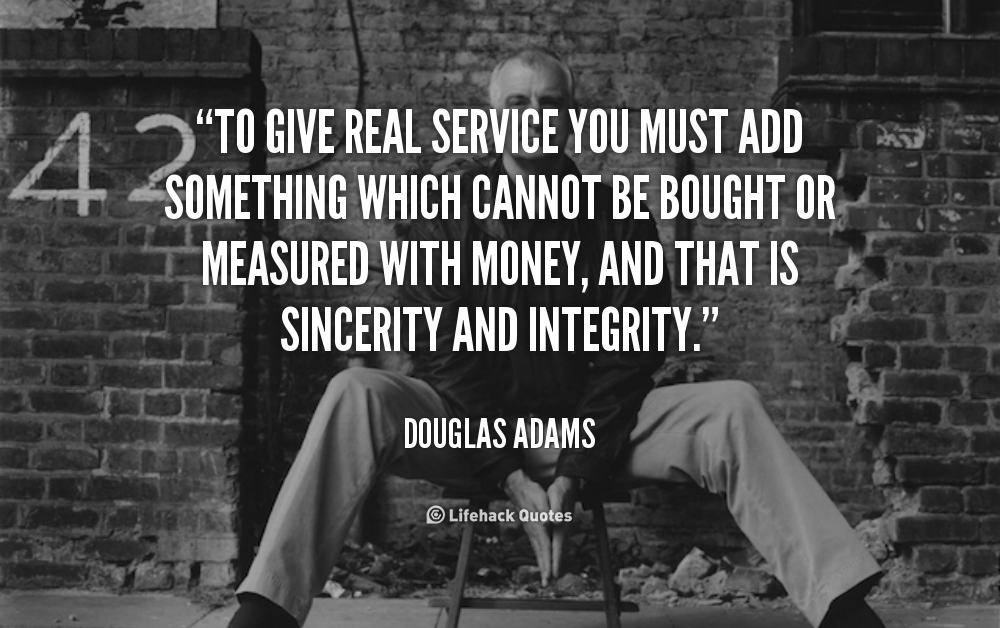Reviews are a vital part of decision-making. Whether it’s booking a hotel or buying a fridge, everyone looks online first. So it can be daunting when your own business is being reviewed on social media. And even more so when you receive a negative review.
As a growing business, you’re proud of your good reputation, and it’s tempting to delete or ignore bad reviews. But keeping and addressing bad reviews can actually be good for you.
Here’s why:
1. IF you delete or ignore, You’ll look bad. Really bad.
Deleting or ignoring a customer’s negative comments leads to even more negativity, and you end up looking like Fyre festival operators – inept and dishonest.
Every time you delete or ignore a negative comment, your brand descends deeper and deeper into Dante’s Inferno of consumer hell, where trust erodes faster than United Airlines’ reputation after a viral video.
2. Everyone is watching how you deal with negativity online.
And it’s not just that one unhappy customer. Everyone can see how you deal with a negative comment, and new customers will use this to gauge a brand’s customer service.
Like the old adage “actions speak louder than words”, how you ACT on social media says more than how you talk on your website.
For all your slogans and mission statements, if you can’t walk the walk on social media, especially with unhappy customers, consumers won’t trust you.
How you deal with a bad review says more about your brand than a perfect 5-star rating.
3. Bad reviews make your GOOD reviews look legitimate.
Research shows that keeping and addressing reviews gain more trust, and often, a boost in sales. It seems counterintuitive, but a few bad reviews (and your responses to these) can make your good reviews more trusted.
With consumer trust at an all-time low, it’s even more important to show your business is sincere and serious about getting customer feedback.
A brand with ONLY 5-star reviews looks censored at best, and dodgy at worst. So don’t shy away from getting bad reviews.

4. customer FEEDBACK GROWS YOUR BUSINESS. Welcome it.
You wouldn’t ignore a customer in your office complaining, so why would you ignore a digital complaint?
And if your brand values customer service (which it should), you’ll see a digital complaint as JUST as important to your business as a face-to-face one. See it as a vital opportunity to learn more about your client’s experience and improve your business.
5. SOCIAL MEDIA IS FREE PR. Use it.
A public post is actually a PR opportunity for your brand, so own it.
You’re being given a public forum to respond: to show your professionalism and demonstrate care for the quality of your product and service. A public post is actually a public relations opportunity for your brand!
Compare this to a private resolution where you may win back a customer, but the success story remains untold. So believe it or not, social media actually gives you the advantage by allowing you to share your brand’s ethics and customer service.
Shift your thinking and see this as a positive PR opportunity for you to:
Win BACK A genuine customer
Publicly attend to your customer by solving a problem with professionalism.
REBUT A troll
Reply to a troll with calm confidence, showing you have absolutely nothing to hide or fear.
SHAre your brand’s ethics & honesty
Demonstrate transparency, high standards of customer service and attention to the quality of your product or service.
STILL SCARED?

I’ve always wanted to quote Douglas Adams in one of my marketing articles, but “so long and thanks for all the fish” generally doesn’t apply. This quote definitely does. ?
Sincerity and integrity are now ever more valued in this age of spin, paid followers and cash-for-influencer-comment.
And no, this isn’t just theory.
You’re a consumer, too. You’ll experience it yourself.
Whenever a business responds to a customer complaint with genuine concern, offers a solution, or asks how they can improve themselves, your impression of that business (whether it’s a hotel, store, cafe etc.) immediately goes up. You’re more likely to buy from them or use their services because honesty is more valued than a cosmetic veneer of perfection.
It’s also something I’ve seen put into marketing practice. During my time managing Logitech’s Australian Twitter and Facebook pages, our team saw negative comments as an opportunity to practice our brand’s customer service. Our responses often won back trust and publicly demonstrated care for our product quality and the consumer’s journey. Of course, we always aimed for 5-star reviews through service and product quality, but we never shied away from responding to negative reviews as part of our customer service and quality improvement.
This online attitude wins advocates and converts because responding to a good review is expected. Responding to a bad review earns respect and trust.
Responding to a good review is expected. Responding to a bad review earns respect and trust.
Your business reputation is already built on great customer care & quality. So if you get a bad review, all you need to do is to demonstrate these same ethics online.
Respond with professionalism and sincerity, while others are deleting and ignoring, and you’ll win the ultimate aim of any brand’s marketing – trust.

